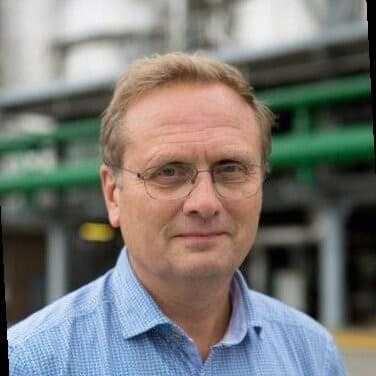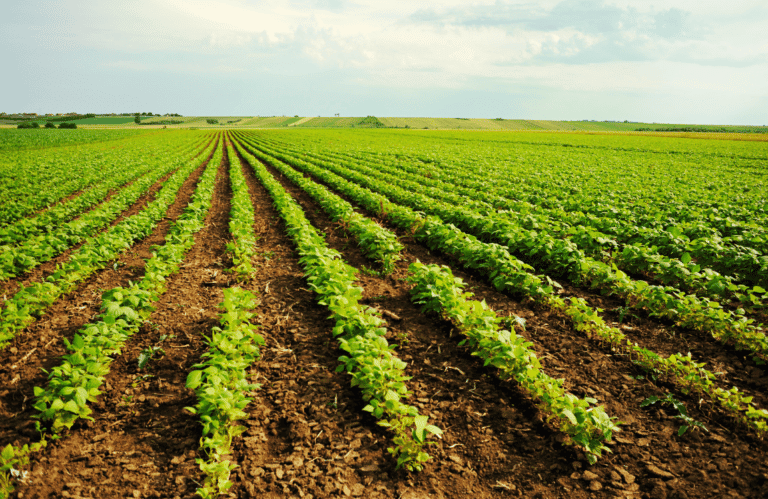Within Fascinating (Food Agro Sustainable Circular NAture Technology IN Groningen), founded last year, Cosun, Agrifirm, Avebe and FrieslandCampina are increasingly working together to develop their products. In addition to these four, LTO, the University of Groningen and smaller (food) companies also participate in Fascinating. The aim of the Fascinating program is to work on the agriculture of the future, for example by starting the production of high-quality plant-based proteins and aligning these to human needs.
Sustainability first
Such collaboration is not self-evident, but the common interest, innovating to make the food supply more sustainable, outweighs the additional costs and the risks that a competitor can take a look behind the scenes in this way. In addition, the cooperatives, separately and in collaboration with each other, also came up with new ideas last year, such as a new protein factory, or started to implement it.
Profitable proteins
As part of the ‘Sustainable Promising, Plant-based, Protein Products’ project, Cosun is investigating which new protein crops are most promising. “Which cultivation is the most profitable should be apparent from the results of the research into these crops,” says Fascinating project leader Meindert Jan Oostland. Attention is paid to the protein content in the plant, the nutritional value, but also the processing options in a factory and the limitation of residual flows. And then there is the economic importance. For example, it is examined which crops are economically attractive due to certain characteristics they have, says Oostland: “Ultimately, it is about creating a revenue model. The farmer must have a good revenue model, but the processor must also be able to live on it.”
Field bean wins in Groningen
At present, approximately sixteen promising protein crops are being studied at four locations in the province of Groningen, such as field beans, lupine, peas, clover, alfalfa and hemp. The farms are each on a different type of soil, namely peat-colonial soil (‘t Kompas Valthermond), sandy soil (Kooijenburg Marwijksoord), heavy clay (Ebelsheerd Nieuw-Beerta) and sandy loam (Kollumerwaard Munnekezijl). The cooperative has already drawn the first conclusions, says program manager Teun van der Weg of Cosun: “We looked at which crops could produce the best protein. When you look at these crops, field beans fit best into the farmer’s cropping plan in these regions.”
Read more on Fascinating: working towards a circular and sustainable agriculture(Dutch content)


